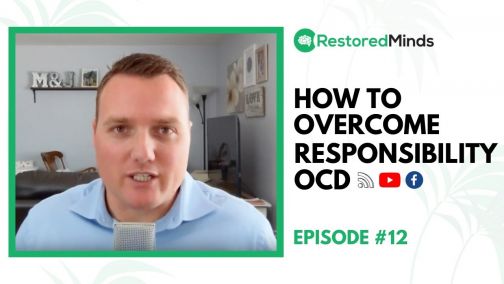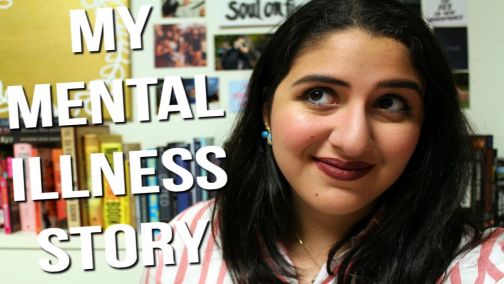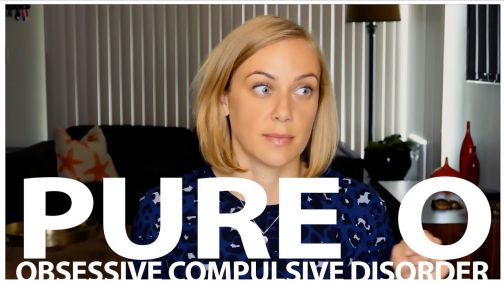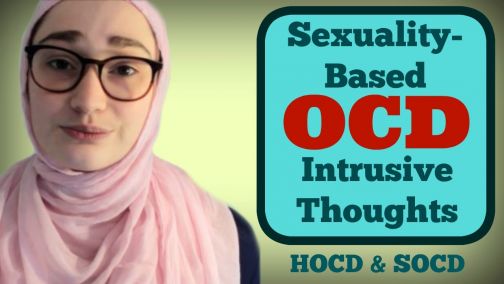Living with Responsibility OCD

What’s going on?
Responsibility OCD is a subset of OCD centered around anxiety and guilt. Sufferers are less concerned about their own welfare, and more concerned with the repercussions of their actions or non-actions. They worry endlessly about accidentally hurting others, and often times take responsibility for things that are not their fault.
Being concerned about how your actions affect those around you is normal. However, for sufferers of Responsibility OCD, the anxiety about possibly causing another person harm is often unfounded and detrimental to daily life.
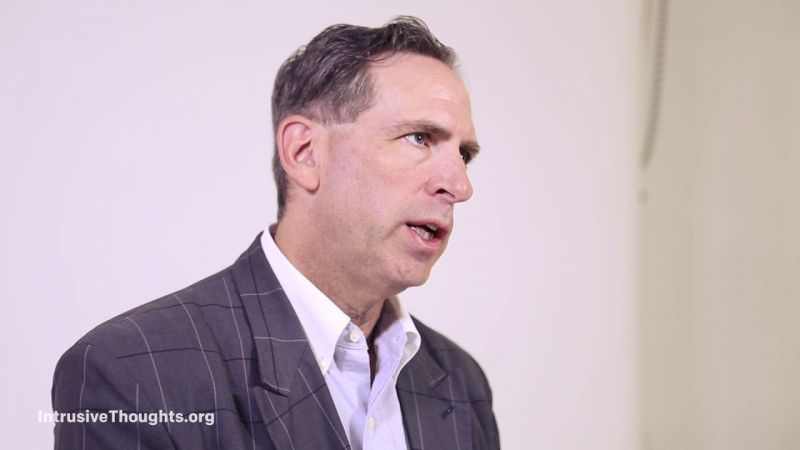
What is Responsibility OCD?
Dr. Phillipson defines and discusses Responsibility OCD.
Common Responsibility OCD obsessions:
- Fear that you accidentally put someone in danger.
- Fear that an action or action you didn’t take could hurt a loved one.
- Fear of failing to prevent harm from happening.
Common Responsibility OCD compulsions:
- Guilt: Thinking you’re a bad person for harming a stranger or loved one by an action that you took or an action that you didn’t take.
- Prayer: Having associations about spiritual harm happening to someone and then praying that it doesn’t happen.
- Excessive washing: Repeated or overlong showering, hand-washing, using antibacterial soap or heavy-duty cleaning products on your skin. This is similar to people with Contamination OCD.
- Thinking you’re a bad person: Your character is at risk if you do the wrong thing and you feel devastated if someone thinks you’re a bad person.
Common misconceptions about Responsibility OCD:
- OCD only comes in one, general type. Subsets like Responsibility OCD don’t exist.
- You care more about others than those of the general population.
- You have really low self-esteem.
Related Reading
- How to Find a Pure OCD Expert
- Pure O: An Exploration into a Lesser-known Form of OCD
- NHL-Star Corey Hirsch Opens Up About His Battle with Pure OCD
- Intrusive Thoughts, Pure O and More with Dr. Steven Phillipson, PH.D.
- Characterizing Pure O
- Let's Talk OCD: Rose Cartwright's Movement towards Pure O Acceptance
How Do I Know it’s OCD?
Everyone gets intrusive thoughts, but having them doesn’t mean you have OCD. For people who do have OCD, these thoughts can be debilitating, causing extreme anxiety and discomfort. No matter how hard you try, they won’t go away. The thing is, we’re all human and we’re all responsible for ourselves or the people directly under our care, like our kids. Sometimes, things happen that are out of our control. For OCD sufferers, the difference is very difficult to understand.
Everyday examples:
- Becoming obsessed that your kids will get sick from animals after reading an article about another kid who died from a similar situation. You think you need to protect your kids by restricting them from petting dogs and cats.
- Believing that you caused a car accident because you didn’t move the trash cans that were out in the street.
- Thinking that you hit someone with your car and driving around the block again and again to make sure that you didn’t.
How can my family help with my Responsibility OCD?
When it comes to family and friends, your thoughts can be confusing for them to understand. In their minds, the situations you’re obsessing over are clearly not your fault. Often times, they’ll want to provide reassurance that you did no harm. Unfortunately, enabling you in this way can actually make your OCD worse. Involving your family in therapy can be a good way to help them understand the do’s and don’ts of the disorder, and create a game plan for helping you at home.
Is Recovery Possible for Me?
Yes! Recovery is possible and treatment can help. However, Responsibility OCD can take longer to treat because of the constant guilt associated with your actions. It’s important that you are willing to accept the unknown and continue with treatment even when doubts arise.
This subtype of OCD is best treated with Exposure Response Prevention Therapy (ERP). ERP is when you voluntarily expose yourself to the source of your fear over and over and over again, without acting out any compulsion to neutralize or stop the fear. By repeatedly facing something you’re afraid of, you force your brain to recognize how irrational it is.
Examples of ERP treatment:
- Your therapist will check if your fears are about reducing the anxiety of your own risks, or if they are rooted in a sense of guilt and responsiblity for the harm that could come to others.
- Then, you may be asked to perform exposures that cause your character to be questioned. For example, allowing your children to pet a neighbor’s dog or leaving trash cans out in the street.
- Overtime, these exposures will increase in intensity.
There are other treatment options as well. Mindfulness-based Cognitive Behavioral Therapy, also known as CBT, teaches people to identify, understand and change negative thinking patterns and behaviors. Patients are taught problem-solving skills during therapy lessons and then instructed to practice them on their own time in order to build positive habits.
Can medication help?
Medication can help alongside ERP, but it shouldn’t replace it. Doctors should always be consulted before considering medicinal options.
The main family of medicines used to treat OCD are known as Selective Serotonin Reuptake Inhibitors, or SSRIs. SSRIs enhance your natural serotonin activity and are used to treat major depressive disorders and anxiety conditions. Examples include Lexapro, Prozac, Paxil and Zoloft.
What is the goal of therapy?
In order for you to get better, you need to feel comfortable putting innocent people at risk. This takes time and is a difficult thing to do. It should always be done with a clinician. Some people with Responsibility OCD recover completely through ERP. But for many, their obsessions never fully go away. OCD recovery has more to do with managing the condition, than it does with eliminating it. However, that doesn’t mean you can’t lead a healthy, happy life. By prioritizing treatment and positive lifestyle habits, sufferers often gain confidence and freedom. Even if some anxiety is still present by the end of therapy, you’ll no longer feel debilitated by the condition.
If you suffer from OCD, you have a severe anxiety disorder. But it can be treated. Start by getting educated and making healthy living choices. Then find a clinical psychologist in your area who specializes in OCD and Exposure Response Prevention (ERP).
From the Community
Support our work
We’re on a mission to change how the world perceives mental health.
